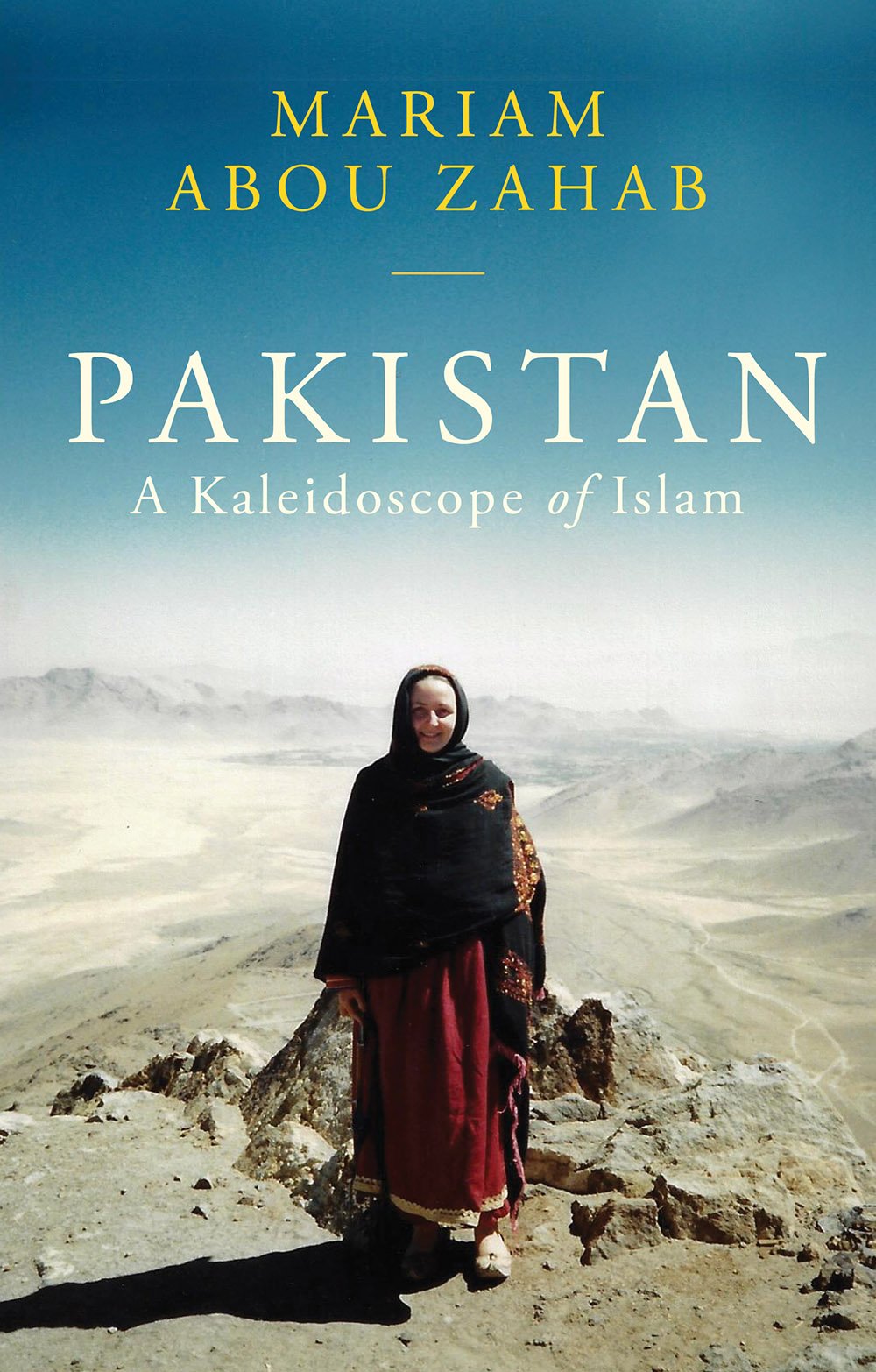Pakistan
A Kaleidoscope of Islam

This collection of essays brings together two sets of articles and book chapters by Mariam Abou Zahab, the extraordinary late scholar of Islam in South Asia. The first part of the volume examines Shia–Sunni relations in Pakistan, while the second concerns violent Islamism in the country, covering both the Talibanisation of the Pashtun belt and the jihadi dimension of South Asian Salafism.
Throughout these texts, Abou Zahab explores the many reasons why Pakistan has been the crucible of political Islam. She offers a historical view of this development, factoring in the impact of colonialism and conflict, including the Soviet-Afghan War and the post-9/11 Western military operations in Afghanistan. While making clear the major importance of these external influences, from Saudi Arabia and Iran to the US, she also places Pakistan's political Islam in the context of local cultures, mobilising her anthropological erudition without ever indulging in culturalism. Finally, she emphasises the sociological determinants of sectarianism, Talibanism and jihadism, as well as the political economy of these ideologies.
Abou Zahab's knowledge is exhaustive, but in these papers she offers an elegant synthesis in which each word matters. This volume is indispensable for understanding the present dynamics of Pakistan.

Mariam Abou Zahab (1952–2017) first travelled to South Asia and Afghanistan in 1973, and was an eyewitness among the anti-Soviet mujahideen. Fluent in Hindi, Urdu, Arabic, Persian and Pashto, she was a specialist of South Asian Islam, particularly Shiism. Her expertise extended to the Pashtun belt and South Waziristan.

